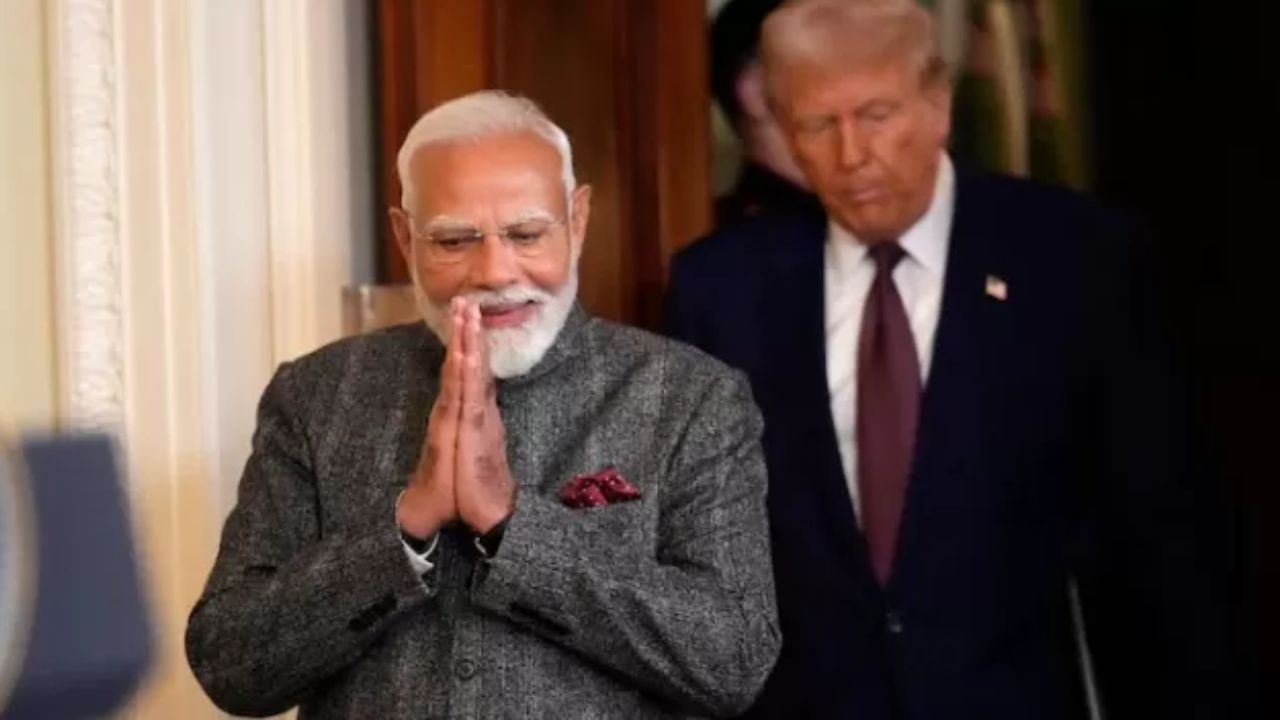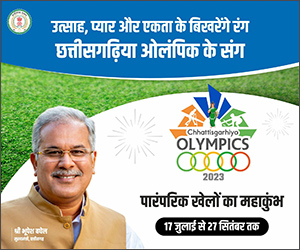Modi Opts for Virtual Attendance at ASEAN Summit, Dashes Hopes of Modi-Trump Meeting

When the 47th Association of Southeast Asian Nations (ASEAN) Summit convenes in Kuala Lumpur later this month, one name will notably be missing: India’s prime minister. Rather than attend in person, Prime Minister Modi will join the gathering virtually, a decision that carries more than logistics or festival timing. It suggests a carefully calibrated choice during a delicate moment in India’s global diplomacy.
What Happened and Why It Matters
Originally slated to travel to Malaysia in late October, Modi has opted out of the in-person meeting, citing the ongoing Deepavali celebrations back home. Malaysian Prime Minister Anwar Ibrahim confirmed the call from Modi, stating the Indian leader will attend online.
Why does this matter? Because the summit presents a rare opportunity: expected attendance by U.S. President Donald Trump. A face-to-face Modi–Trump meeting at the sidelines would carry heavy symbolic and strategic weight. By staying away, Modi is ceding both optics and potential influence.
Modi’s decision to attend virtually rather than in person sends a subtle but meaningful diplomatic signal. On one hand, it underscores India’s emphasis on domestic rhythms (Deepavali) and electoral timing. On the other, it reflects a cautious stance in global diplomacy: India remains engaged externally, but is not visibly front-and-centre in this major regional gathering. The optics of the move may raise questions about India’s willingness to pursue high-stakes face-to-face diplomacy right now or simply reflect a pragmatic scheduling choice.
What Lies Ahead for India-ASEAN and India-U.S. Relations
Even without Modi’s physical presence, India’s engagement with ASEAN continues. New Delhi remains committed to deepening the ASEAN-India Comprehensive Strategic Partnership, and senior officials such as External Affairs Minister S. Jaishankar will represent India in Kuala Lumpur at key sessions.
For the United States, the summit will still offer a platform to signal its Indo-Pacific engagement, but the absence of a high-profile Modi-Trump encounter may soften expectations of an imminent trade deal. Reports suggest that while progress is being made, issues such as energy cooperation and access to India’s agricultural markets remain sticking points.
Modi’s decision to skip Kuala Lumpur may be justified on calendar or religious grounds, but make no mistake: it is a strategic decision. India is known for its measured diplomacy, and this absence appears more than accidental. Still, in international relations, the space you leave is often the space others fill. Whether the move pays off or costs India a bit of global momentum remains to be seen.
Read Latest News and Breaking News at The Newsman, Browse for more World News



